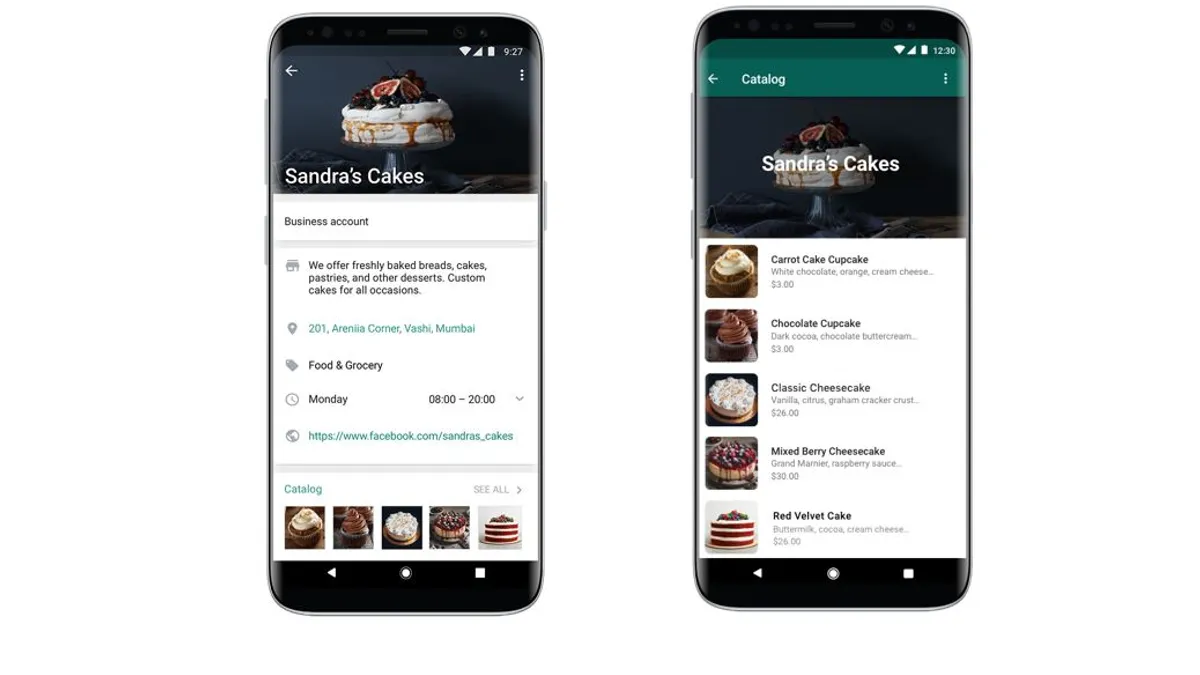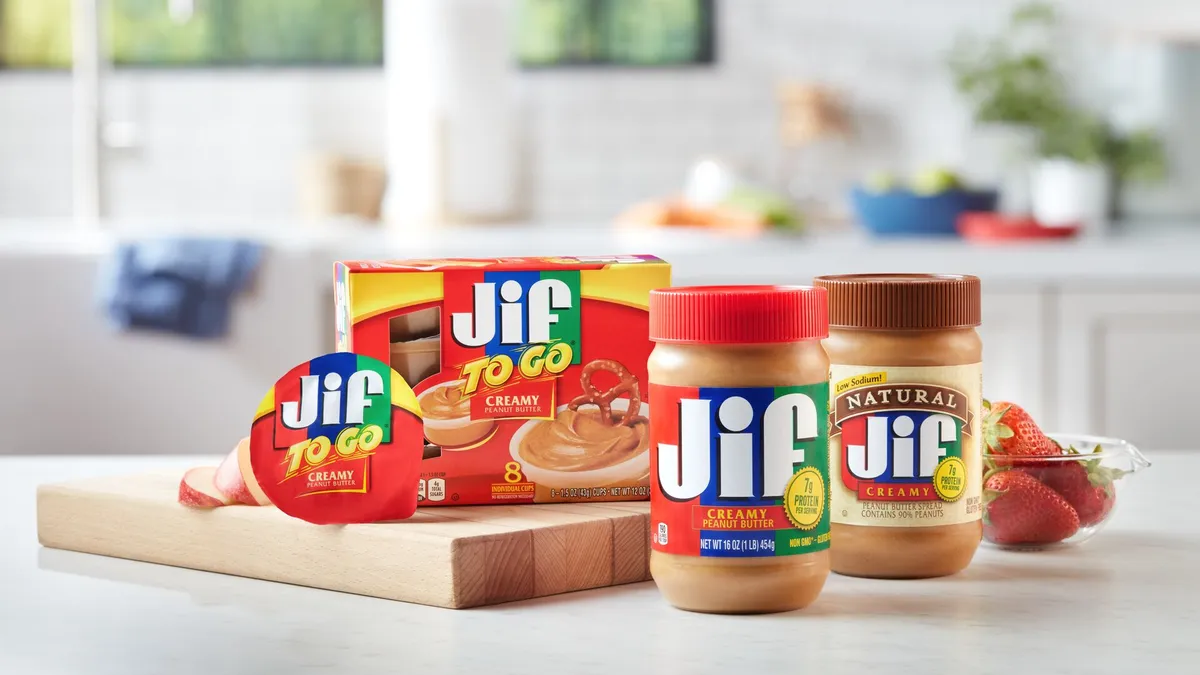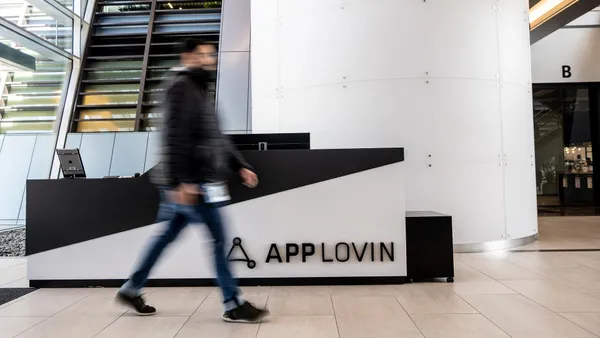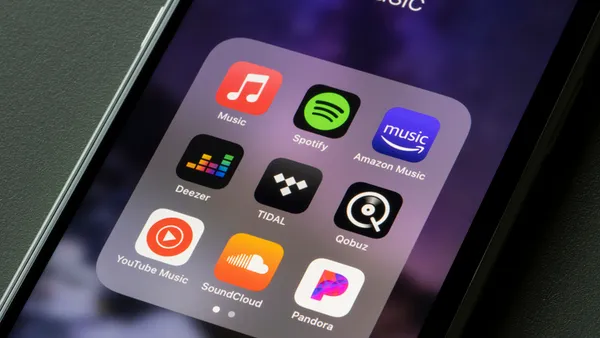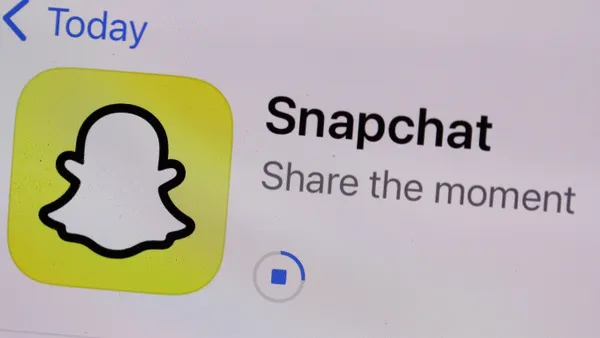Brief:
- Facebook's WhatsApp Business messaging app began letting small business owners create catalogs to showcase products in conversations with customers, per a WhatsApp blog post. Companies need to have an account with the WhatsApp Business app to create a catalog that has product descriptions, photos, prices and SKUs to track inventory, a video demonstration explained.
- Previously, businesses had to send product photos and information individually, making chats with customers more time-consuming. The catalog lets Android and iPhone users see a full range of products, keeping them engaged in a chat without having to visit a separate website, per the blog post. However, businesses can provide links to their websites to make direct sales, VentureBeat reported.
- WhatsApp hosts the product information and images in their catalogs, helping businesses and customers to save storage space on their phones. The catalog feature is now available in Brazil, Germany, India, Indonesia, Mexico, the U.K. and the U.S., and WhatsApp plans a global rollout soon.
Insight:
The new catalog feature in the WhatsApp Business app gives mobile marketers more tools to improve their two-way communications with customers who use WhatsApp, which has 1.5 billion users worldwide. The app is especially popular among Android users because it provides a wider set of features than SMS, including the ability to add photos, emoji and GIFs to mobile chats. Businesses can now build on those features by creating browsable catalogs to highlight their wares with more vivid imagery, helping to keep customers engaged and to drive direct online sales.
Providing a better user experience (UX) on chat platforms may help boost their adoption in business-to-consumer (BTC) communications, especially among U.S. consumers. In China, Tencent's WeChat messaging app is hugely popular because it supports "mini programs" that expand the app's functionality beyond simple texting to services such as shopping, travel booking, ride hailing, video streaming and language translation, among others.
In the U.S., surveys show mixed attitudes toward calling or texting businesses, with 57% of consumers saying they prefer phone calls over other forms of electronic communications when contacting local businesses, per a survey by phone technology provider Ooma and Sapio Research. However, 56% of consumers and 53% of small business owners want to text with each other more often, per a separate survey by cloud software platform Zipwhip. Small businesses that get on board with WhatsApp Business must ensure they have the people and systems in place to handle chat communications to avoid disappointing customers.
For parent company Facebook, the catalog feature of WhatsApp is another step toward monetizing the app with more features, similar to WeChat's model. Facebook last year started letting businesses buy ads that were connected to their WhatsApp conversations with customers. Businesses could then respond to customer queries within 24 hours for free on WhatsApp, and Facebook only charged them for responses that took longer than that, The Verge reported. WhatsApp Business had 5 million users as of January, and has plenty of room for growth as consumers become more comfortable chatting with businesses.


